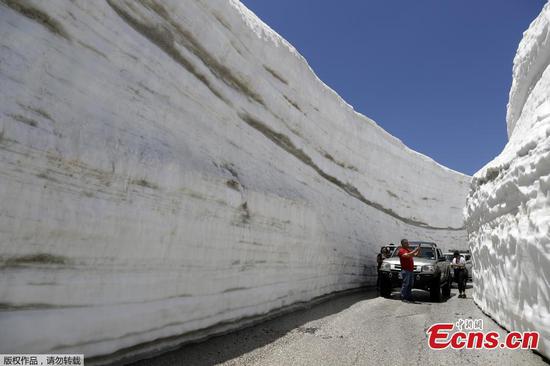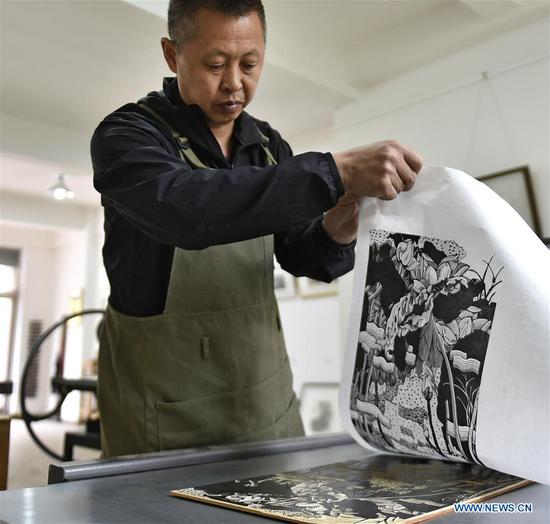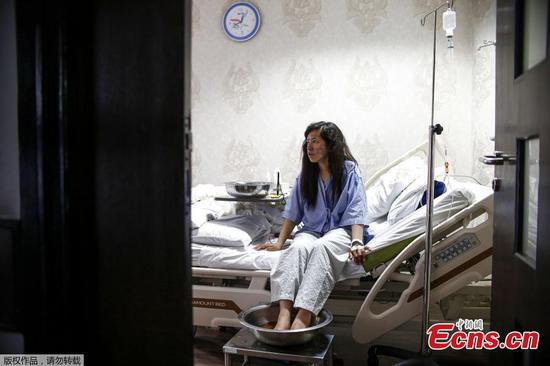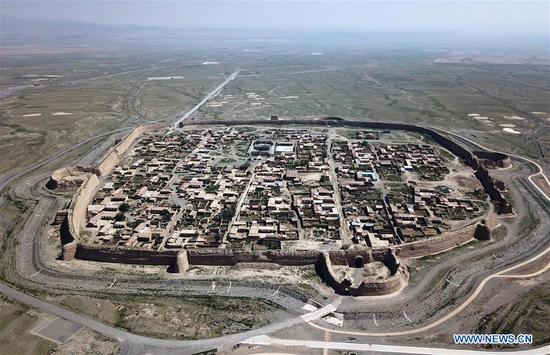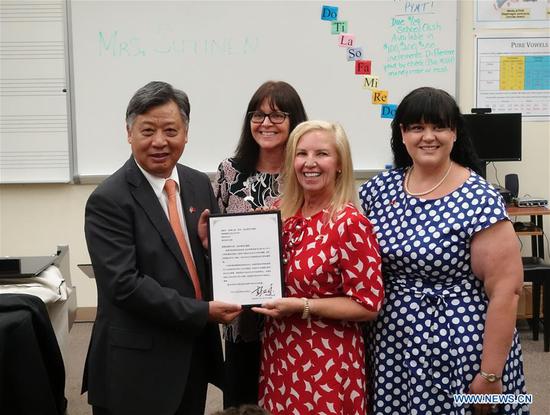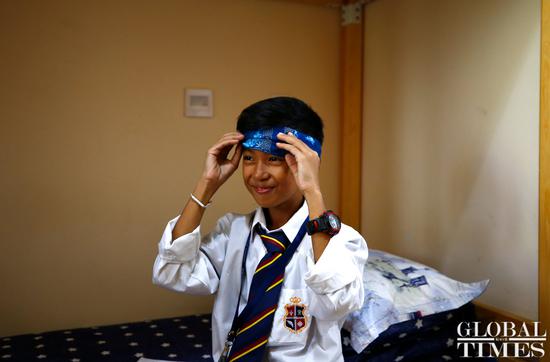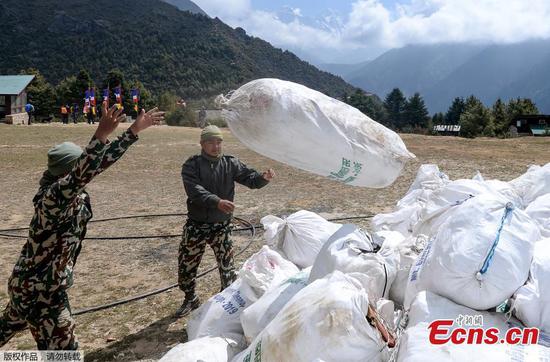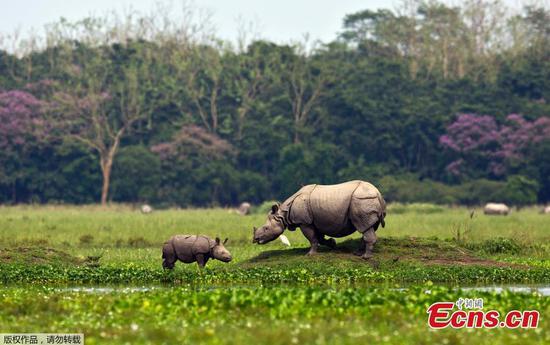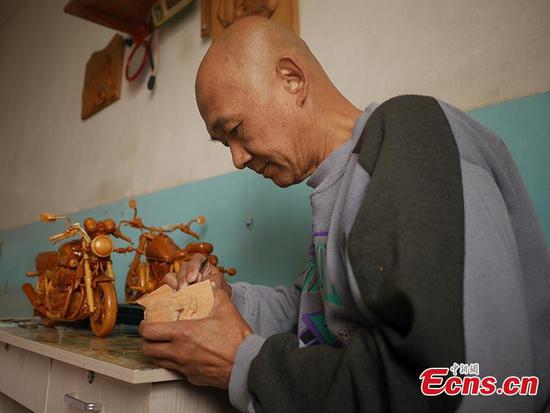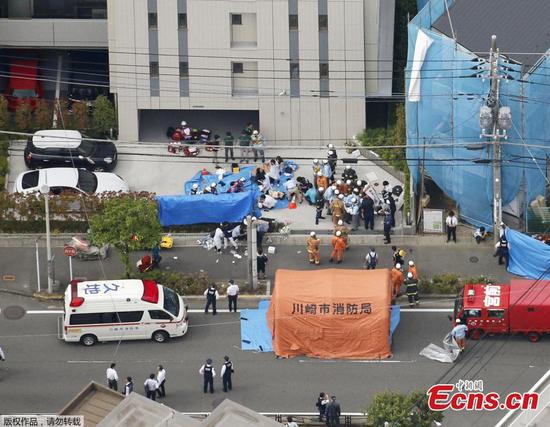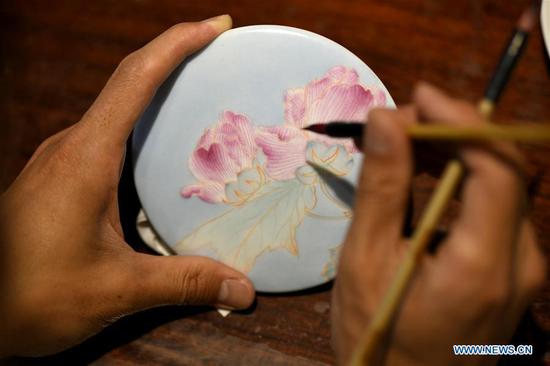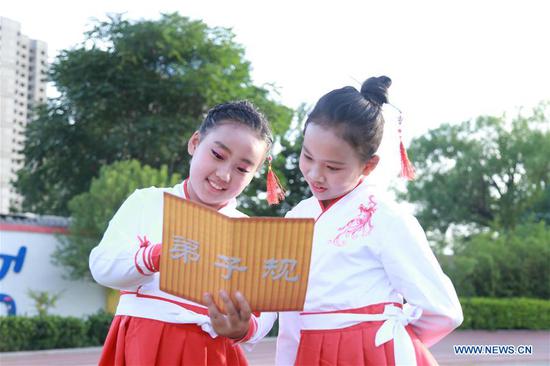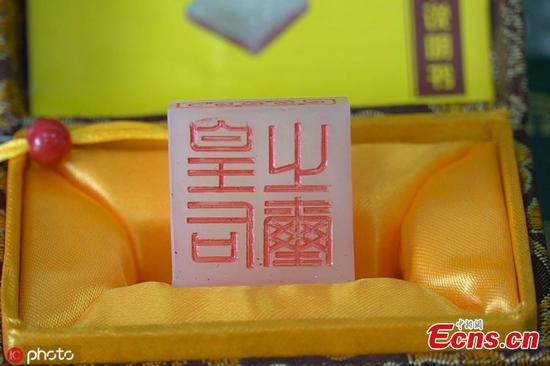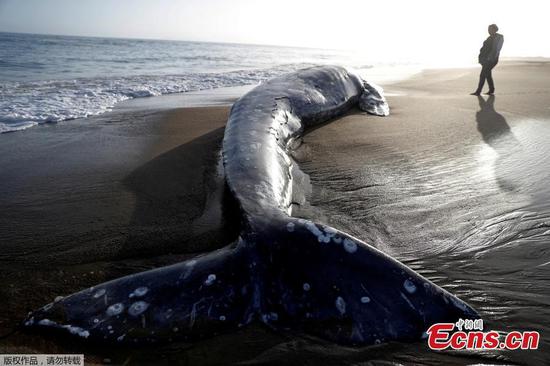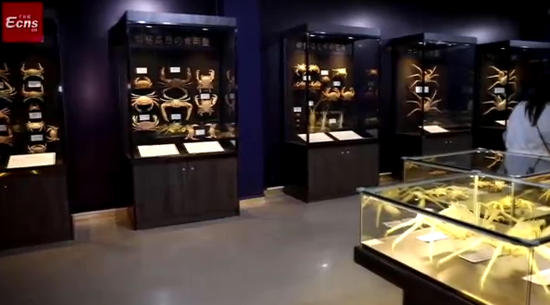A Peking University professor on Wednesday said she would quit from the Institute of Electrical and Electronics Engineers (IEEE) after the organization allegedly sent an email to its editorial colleagues to "replace all reviewers from Huawei in its journals."
The email, which comes amid stalled trade talks, has sparked huge outrage in China, especially a backlash in the Chinese academic circle, with some saying that the move tries to politicize academics.
Zhang Haixia (Alice), professor of School of Electronic and Computer Engineering at Peking University, posted a letter on her research laboratory account on WeChat on Wednesday afternoon, which said she "decided to quit from the IEEE NANO and IEEE JMEMS editorial boards until such time when they restore our common professional integrity."
IEEE claims to be the world's largest technical professional organization for the advancement of technology, and its code of ethics includes "to treat all persons fairly and not to engage in acts of discrimination based on race, religion, gender, disability, age, national origin, sexual orientation, gender identity, or gender expression."
"I am really shocked to hear that IEEE is involved in the 'U.S. Huawei Ban' to replace all reviewers from Huawei, which is way beyond the scope of science and technology which I was trained in and following in my professional career," Zhang said, stressing that "I have to say that, as a professor, I AM NOT accepting this."
"The move is a serious insult not only to Chinese [IEEE] members but also to the international academia," Zhang told the Global Times Wednesday night, claiming she had joined the organization for more than 20 years.
She said she did not receive the notice from IEEE but saw an email from a professor of the Massachusetts Institute of Technology.
"I have nothing to do with Huawei," Zhang said.
"There is nothing wrong that Huawei had participated, but to exclude Huawei is problematic. If the voice of a company that served almost one third of the global population is muzzled, what is the use of international academic organizations then?" Zhang commented.
An IEEE editor replied with shock and said they started to investigate the issue, Zhang said.
"I've received loads of support from my fellows, including those from Europe and the U.S.," Zhang noted.
Zhang's letter came after Chen Yiran, professor of electrical and computer engineering at Duke University, wrote Wednesday morning that IEEE is replacing all reviewers from Huawei in its journals, with a photo of the email from IEEE attached as evidence.
"We have no choice but to comply with these regulations…" shows the photo.
Another photo circulated online shows an email delivered by Eytan H. Modiano, which said "We must comply, so please make sure that you are not using any reviewer from Huawei." A search of the name Eytan H. Modiano shows the official website of MIT says he is a professor at MIT and currently an associate editor for IEEE.
If the organization continues to use colleagues from Huawei as reviewers or editors for its journals, it would have "severe legal implications" as the U.S. government had put Huawei on its Bureau of Industry and Security (BIS) list, Chen's photo shows.
Chen said that the organization may further ban members working in Huawei from publishing articles, sponsoring meetings or even holding a position in the organization. The post was deleted Wednesday afternoon.
Echoing Chen, an employee of Huawei, who requested anonymity, told the Global Times on Wednesday that IEEE also sent the notice to another Chinese university professor, who is an IEEE member.
IEEE China told the Global Times on Wednesday that they did not receive any notice, while the organization's U.S. headquarters did not reply to the interview request from the Global Times as of press time.
Chinese scholars slammed the IEEE's move, with many saying they feel sad to see an international academic institution becoming a political instrument.
If this is true, the organization has "politicized academic matters," Zhou Tao, director of the Big Data Research Center at the University of Electronic Science and Technology of China, told Global Times on Wednesday.
"IEEE deviated from its principle and if the organization politicizes academics, it cannot be an open platform for international scholars to communicate anymore," Zhou said.
"I believe this is just an isolated case, which may not bring about a domino effect or result in more international academic institutions' participation in the Huawei crackdown," Fang Xingdong, founder of Beijing-based technology think tank ChinaLabs, told the Global Times.
However, the IEEE case also shows that the U.S. crackdown on Huawei is a comprehensive and carefully considered decision. However, the academe has always been keeping its independence in the Western world, which means it cannot be controlled by politics, he stressed.
Actually, IEEE "imposed a ban on the residents of Cuba, Iran, Libya and Sudan from publishing and contributing to any IEEE publication or standard," according to an archive email in 2003 on the Archives of Jesse, a website of open library and information for science education.
The ban came after the U.S. Treasury requested American scientific organizations to restrict editing or publishing the articles by people from Iran, Libya, Sudan and Cuba or they would violate the trade embargo toward the countries.










